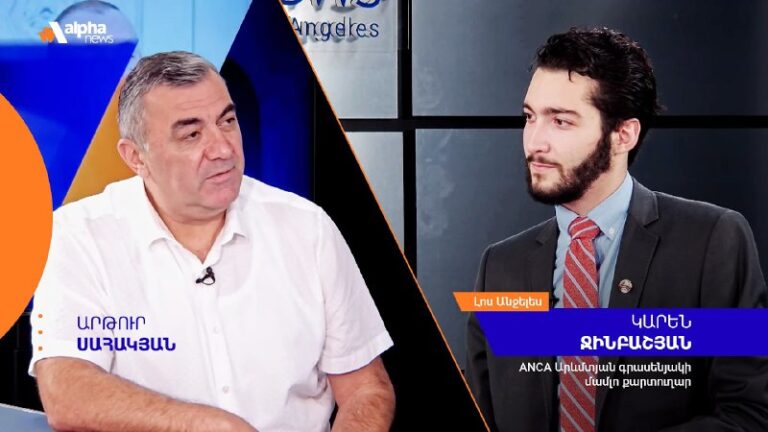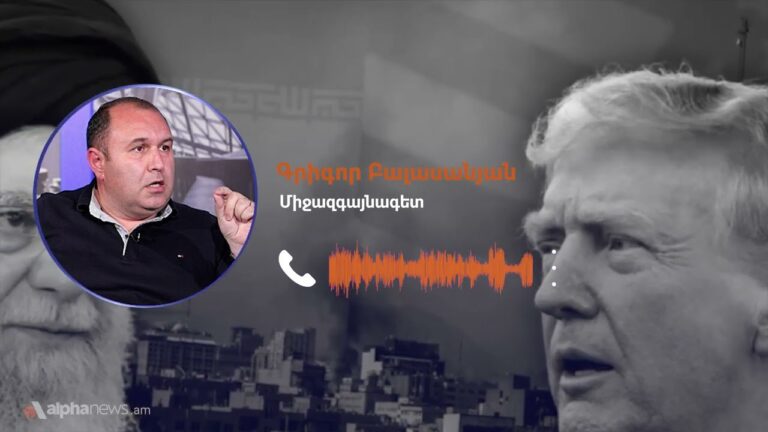Ilham Aliyev’s reasonable doubts are now brought to light
May 15 2024, 14:30
In a certain part of Armenian society, the defeat in the war, the subsequent loss of Artsakh, and the propaganda promoted by the Armenian authorities formed the idea of Azerbaijan as a kind of political super-entity.
Whereas, upon closer examination of Azerbaijan’s activities, it becomes clear that the Azerbaijani leadership has a whole set of fears, against which it takes various kinds of actions. Moreover, these fears are reasonable.
Realizing the historical groundlessness of their claims to Artsakh and that the historical injustice established by force cannot be a guarantee of long-term security, Azerbaijanis erase the Armenian historical heritage, and the monument to Stepan Shahumyan in Stepanakert was destroyed first.
Realizing that political changes may occur in Armenia, official Baku, according to Armenian Foreign Minister Ararat Mirzoyan, refuses to include a reference to the Alma-Ata Declaration in the “peace treaty”.
Unlike the current Armenian authorities, the Azerbaijani leadership reads the documents and knows that according to the preamble of the Declaration, the parties must strive to build democratic legal states, relations between which will develop on the basis of mutual recognition and respect for state sovereignty and sovereign equality; the inalienable right to self-determination; renunciation of the use of force, threats of force as well as economic and any other methods of pressure; peaceful settlement of disputes; and other generally recognized principles and norms of international law.
Azerbaijan has problems with all the above issues, and by signing a document with reference to the said Declaration, Azerbaijan not only recognizes the sovereignty of Armenia as a state (which is also disputed in Azerbaijan today), but is also obliged to respect the right of peoples to self-determination, and it is not difficult to guess what the consequences of this step may be.
It was precisely fear of these—albeit still only theoretically possible—consequences that made Ilham Aliyev and Jeyhun Bayramov say that the time has come to dissolve the OSCE Minsk Group and all associated institutions during a meeting with OSCE Chair-in-Office Ian Borg.
Only time will tell how justified Aliyev’s fears are. However, today, it is fair to say that we are closer to exacerbating our problems than to stopping our current “free fall”.
Think about it…







